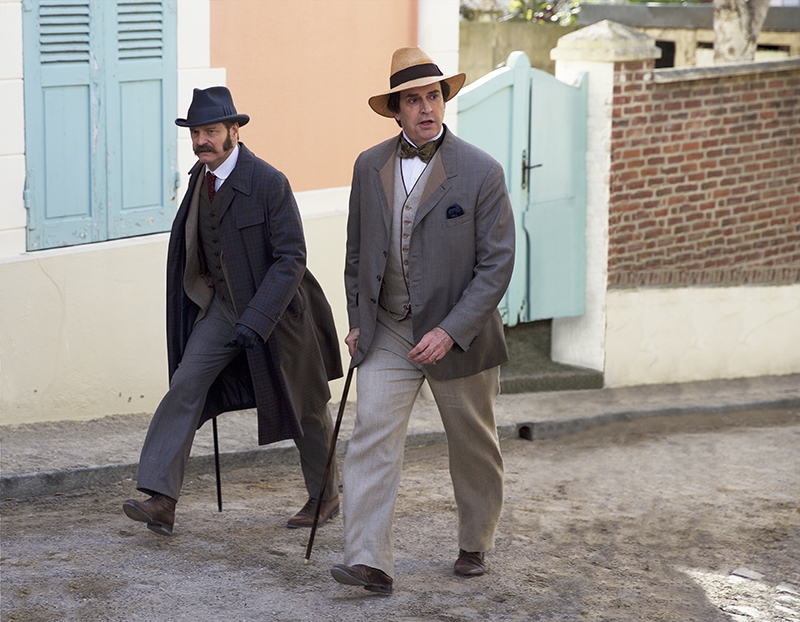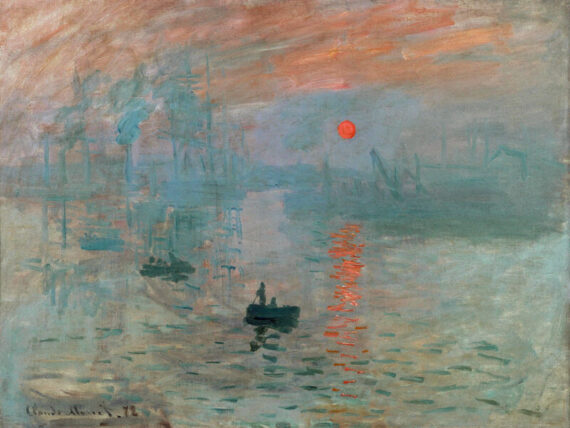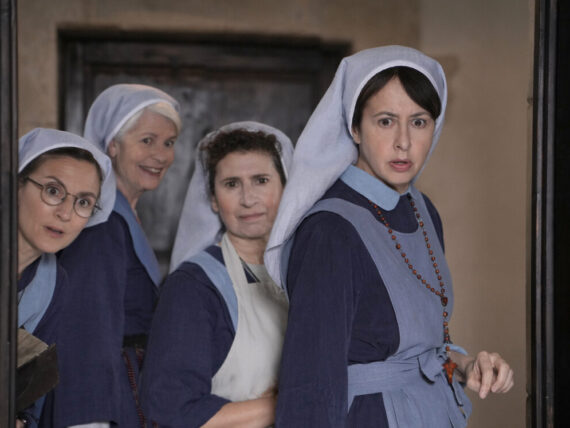Helen Tope reviews The Happy Prince, showing at Plymouth Arts Centre until this Thursday (tickets available here).
Oscar Wilde is a gift for film-makers – vivacious, charming and always ready with a one-liner, he could have been created for cinema. The story of his life – a meteoric rise to fame, followed by a catastrophic fall from grace – is the stuff of legend. This is also the problem for any film-maker in approaching the story – it has all been told before.
In his directorial debut, actor Rupert Everett takes the Wilde story and refocuses it. Moving away from the plays, and his time in jail, Rupert examines the period from Wilde’s release from Reading Jail in 1897, to his death in Paris three years later.
Wilde, on being found guilty of homosexual activity, has become a pariah. His name is a byword for the worst excesses – a once-popular and well-loved figure, Wilde’s fame clings to him all too readily – he cannot escape the character he has created for himself. Everett draws us into the other side of Wilde: beyond the partying and the boys, into the mind of a man so plagued with self-doubt that he will grab at any chance of happiness.
No longer welcome in England, Wilde moves to the continent. Travelling to Paris, he is met by his loyal band of friends: Robbie Ross (an early lover of Wilde’s), and Reggie Turner, an actor who appeared in several of Wilde’s plays. They supply him with digs, money and a new name. Wilde (played by Rupert Everett) is given an alias – Sebastian Melmoth. They initially find Paris a welcoming place – Wilde plans for his future, hoping to reconcile with his wife, Constance. But as he settles in, he receives a letter from his former lover, Bosie Douglas. A strong-willed and petulant boy, Douglas is Wilde’s weak spot. Wilde’s friends plead with him not to reply – but Wilde is unable to resist.
The decision to let Bosie back into his life is disastrous. They are forced to move as Wilde’s identity is discovered, and as the money runs out and Douglas heads for England, Wilde sinks even lower. Robbie Ross returns to Paris to find Wilde living among the demi-monde. As he soaks up absinthe in dingy bars, his grip on reality loses its hold.
He has befriended two local boys (a substitute for his own sons) and his health is in serious decline. Ross; kind-hearted and fiercely loyal, continues to look after Wilde. Played with great sensitivity by Edwin Thomas, he is trusted with Wilde’s last great work – a letter written to Bosie from Reading Jail. Ross suggests calling it De Profundis.
The film moves in and out of Wilde’s past – we see a life full of contradiction – actively homosexual, Wilde is also a proud family man. In a series of flashbacks, he tells his sons a bedtime story – The Happy Prince – and Everett weaves it throughout the narrative.
Everett, as the film’s screenwriter, makes a conscious decision to sideline the Oscar and Bosie story, and instead concentrates on Wilde’s friends. As his literary executor, Robbie Ross is given his due. He may not be a name immediately recognisable to audiences, but the fact that we want to hear about Oscar’s life is squarely down to Ross’ efforts to preserve Wilde’s body of work. Oscar’s genius was not enough to sustain him, and the film reminds us of how close he came to becoming a footnote in British literature.
What the film endeavours to do, and with some success, is to redress the balance between Douglas and Ross. The efforts of Robbie Ross, not only to be a friend to Oscar during his life, but to promote his work after his death, makes him the unlikely hero of this film. The dark glamour of Bosie is shown for what it is: a glittering facade.
Sometimes a project that sits for a long time in pre-production loses its vitality – but with The Happy Prince, we have a screenwriter who knows the value of a good edit. Everett’s vision is clear-eyed with a strength of purpose. He is a skilled story-teller; and not a moment of our time is wasted. The screenplay reframes an existing narrative and shows it from a different perspective; we see glimpses of the Wilde we know (the preening playwright, taking another curtain call; the convict being prepared for a life in jail). But The Happy Prince is too clever to get bogged down in Wildean tropes. They are too familiar to us – Everett identifies that the film is in what happens after Oscar is released from jail. We know so little of it in comparison to his earlier life and career, that it comes to us entirely fresh. Travelling across Europe; taking root in rented accommodation, Oscar’s attempt to live under the radar fails at every turn. The scent of scandal trails after him, and there is to be no happy ending.
The Happy Prince shouldn’t be this good. A first-time screenwriter and director shouldn’t produce a film this accomplished, but Everett has crafted this film with such care and attention to detail, that it couldn’t fail to hit the mark. Everett gives a career-best performance, but in the way he has shaped the film, we have a picture of Wilde that is richer and more sophisticated. It is a thoroughly human portrait, and the pain is felt all the more deeply because it is self-inflicted.
Wilde feels like our contemporary, and we feel the pointless cruelty of his punishment as we are meant to. As our political landscape continues its shift towards the far-right, Oscar’s story reiterates the importance of making voices heard. Robbie Ross’ achievement should not be underplayed: he saved Wilde’s plays, stories and essays from disappearing entirely. The Happy Prince is a handsome biopic, but at its core is what happens when ugliness – prejudice, fear, jealousy – is allowed to triumph.
Living between the gutter and the stars, The Happy Prince is a fearless re-imagining; Everett’s courage in finding the point of difference has paid off. His film goes deeper than the flamboyant, sparkling wit, and creates a Wilde that emerges from the cliché. Bold, vibrant and unbreakable – The Happy Prince celebrates a voice that cannot be silenced.
Helen Tope









Comments
Comments are closed.